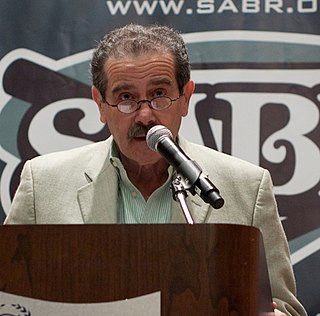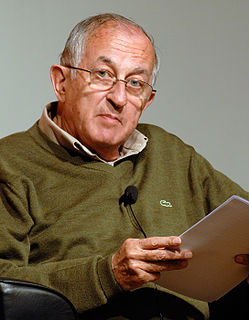A Quote by Octavio Paz
Poetry, in the past, was the center of our society, but with modernity it has retreated to the outskirts. I think the exile of poetry is also the exile of the best of humankind.
Related Quotes
Probably all of us, writers and readers alike, set out into exile, or at least into a certain kind of exile, when we leave childhood behind...The immigrant, the nomad, the traveler, the sleepwalker all exist, but not the exile, since every writer becomes an exile simply by venturing into literature, and every reader becomes an exile simply by opening a book.
Ho Kyuns poetry is in the tradition of his master, the incomparable Tu Fu, while remaining fully his own. Writing nine centuries later, Hos poetry strikes many parallels--the experiences of war and exile and constant struggle-- and his voice is similarly humane. This is rich and enlightening reading.
That's one of those questions that would just love to have a pat answer. You know, poetry's job is to make us feel good. Poetry exists to allow us to express our innermost feelings. There isn't one role for poetry in society. There are many roles for poetry. I wrote a poem to seduce my wife. I wrote a poem when I asked her to marry me. Poetry got me laid. Poetry got me married.




































